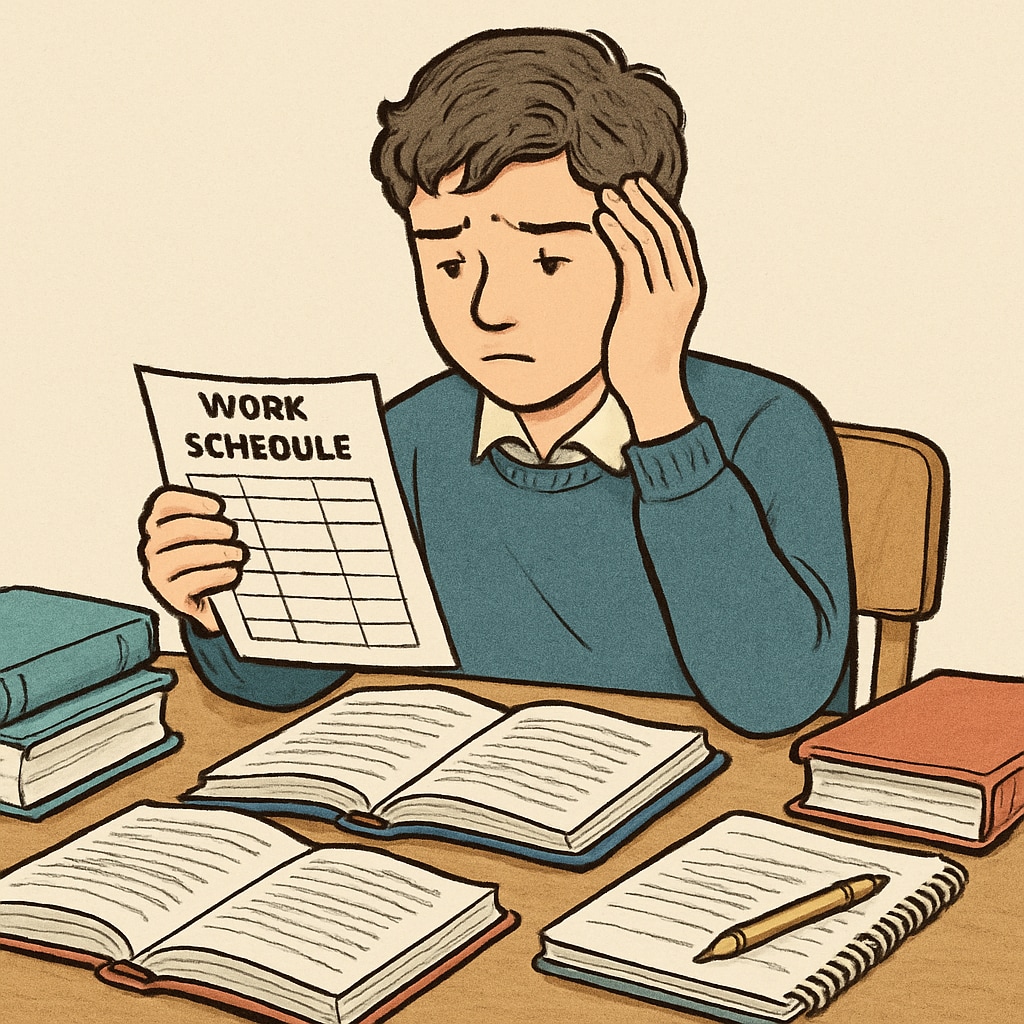Should high school students work to earn extra money? This question often sparks debate among parents, educators, and teens themselves. While working can provide valuable life lessons and financial independence, it also presents challenges in managing academic responsibilities. Striking the right balance between schoolwork and part-time jobs is crucial for students’ growth and success.
Benefits of Working During High School
Working part-time during high school can benefit students in several ways. First, it teaches essential life skills such as time management, communication, and problem-solving. Students learn to juggle responsibilities, meet deadlines, and interact with diverse groups of people. These experiences can prepare them for future challenges in college and the workforce.
Second, earning money empowers teens by giving them a sense of financial independence. Instead of relying solely on their parents, they can use their earnings to fund personal expenses, save for college, or contribute to family finances. This fosters a sense of responsibility and maturity.
Lastly, work experience can enhance a student’s resume and college applications. Many universities value applicants who demonstrate initiative and real-world experience. Additionally, students may discover career interests or develop skills that align with their passions.

Challenges of Balancing Work and Academics
Despite its benefits, part-time work can negatively impact students if not managed properly. The most significant concern is its potential interference with academic performance. Long working hours can lead to fatigue, reduce study time, and lower grades. For example, studies have shown that students who work more than 20 hours a week often struggle to balance school and work.
Another challenge is the stress of managing multiple commitments. High school students are already under pressure from exams, extracurricular activities, and social obligations. Adding a job to this mix can overwhelm them, leading to burnout or anxiety.
Finally, students may miss out on important aspects of teenage life, such as socializing with friends or participating in hobbies. Overworking can diminish their ability to enjoy their formative years and cultivate personal interests.

Practical Tips for Balancing Work and Academics
Families considering part-time jobs for high school students should prioritize balance and communication. Here are some practical tips:
- Set Limits: Avoid jobs with excessive hours. Ideally, students should work no more than 10–15 hours per week, allowing ample time for schoolwork and rest.
- Choose Flexible Jobs: Select positions with flexible schedules, such as weekend-only shifts or seasonal employment. This minimizes conflicts with academic responsibilities.
- Monitor Academic Performance: Keep track of grades and study habits. If a student’s school performance declines, consider reducing work hours or pausing employment until improvement is seen.
- Encourage Communication: Foster open discussions about stress levels, workload, and goals. Parents and students should regularly assess whether the job aligns with long-term priorities.
- Promote Work-Life Balance: Encourage students to maintain hobbies, friendships, and relaxation alongside work and academics.
By following these strategies, families can ensure that part-time jobs enhance personal growth without compromising academic success.
Making the Right Decision for Your Family
The decision to let a high school student work depends on individual circumstances, such as their maturity, academic standing, and family needs. Parents should weigh the benefits and challenges carefully, considering their child’s ability to manage responsibilities. Ultimately, the goal is to foster growth and independence while prioritizing education and well-being.
For more insights into balancing work and academics, visit authoritative sources like Britannica’s Education Page or explore Part-Time Employment on Wikipedia.
In conclusion, part-time work can be a valuable opportunity for high school students, but it requires careful planning and support from families. By creating a thoughtful balance, students can enjoy the benefits of earning money while succeeding academically.
Readability guidance: Use short paragraphs and lists to summarize key points. Ensure smooth transitions with linking phrases such as “however,” “in addition,” and “as a result.” Avoid excessive passive voice and lengthy sentences for clarity.


